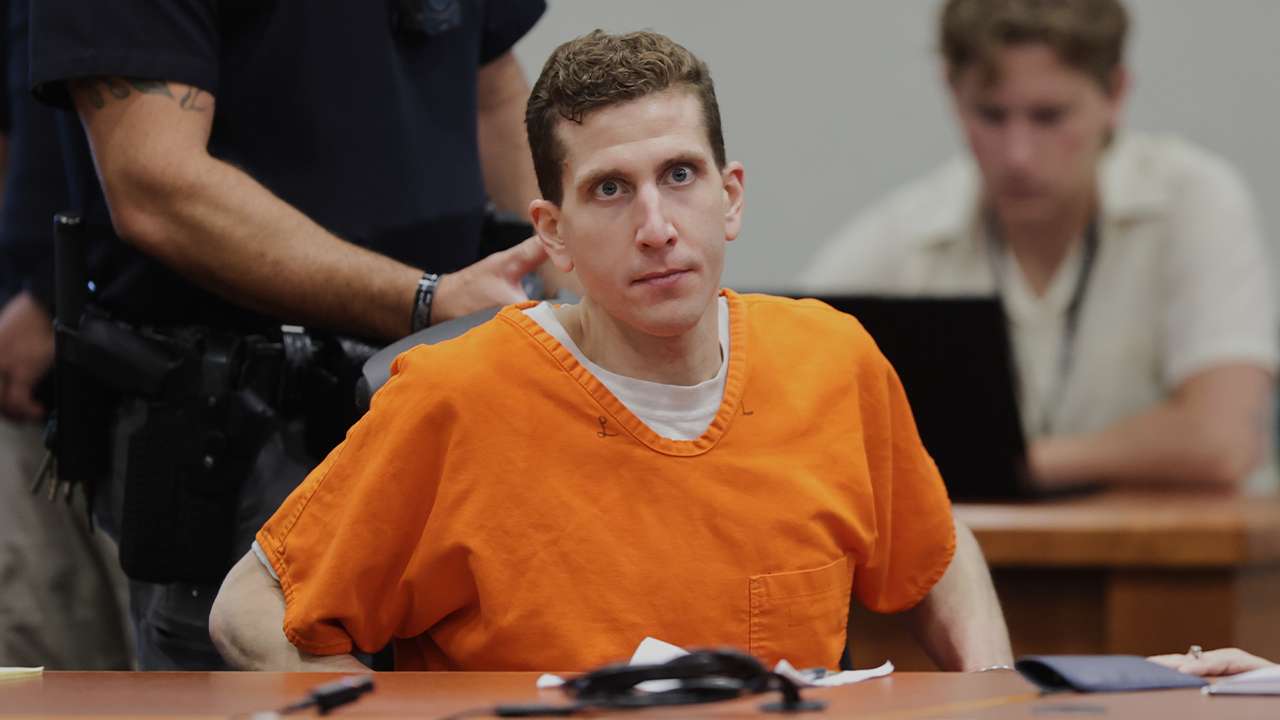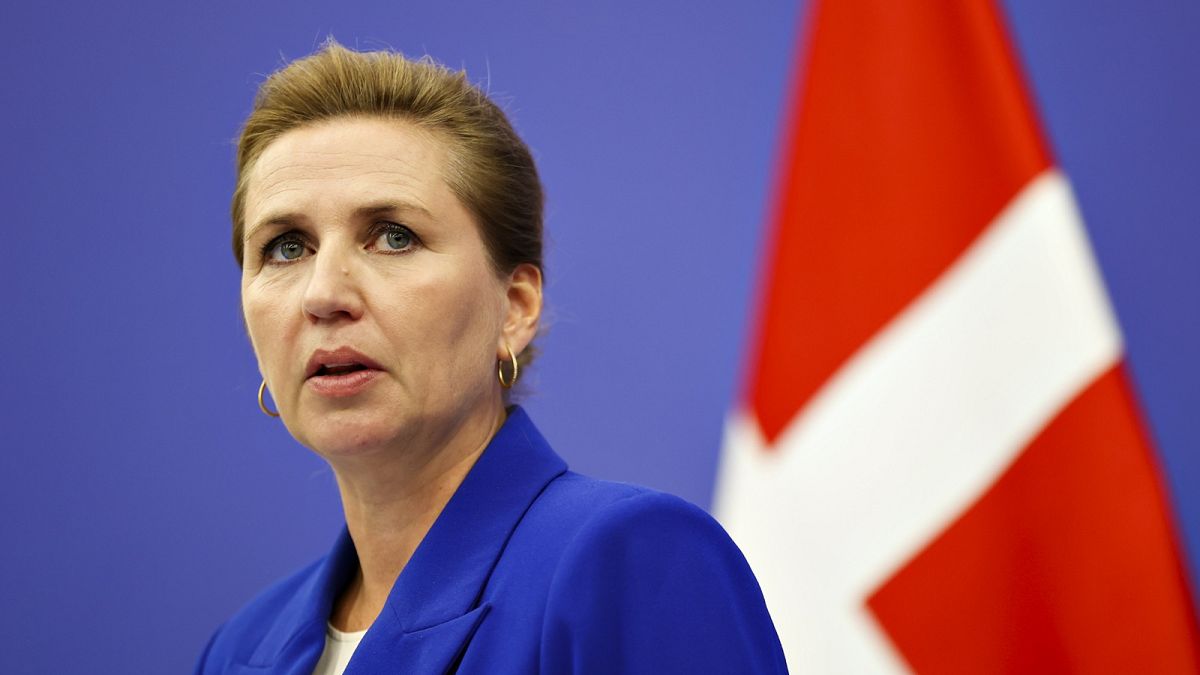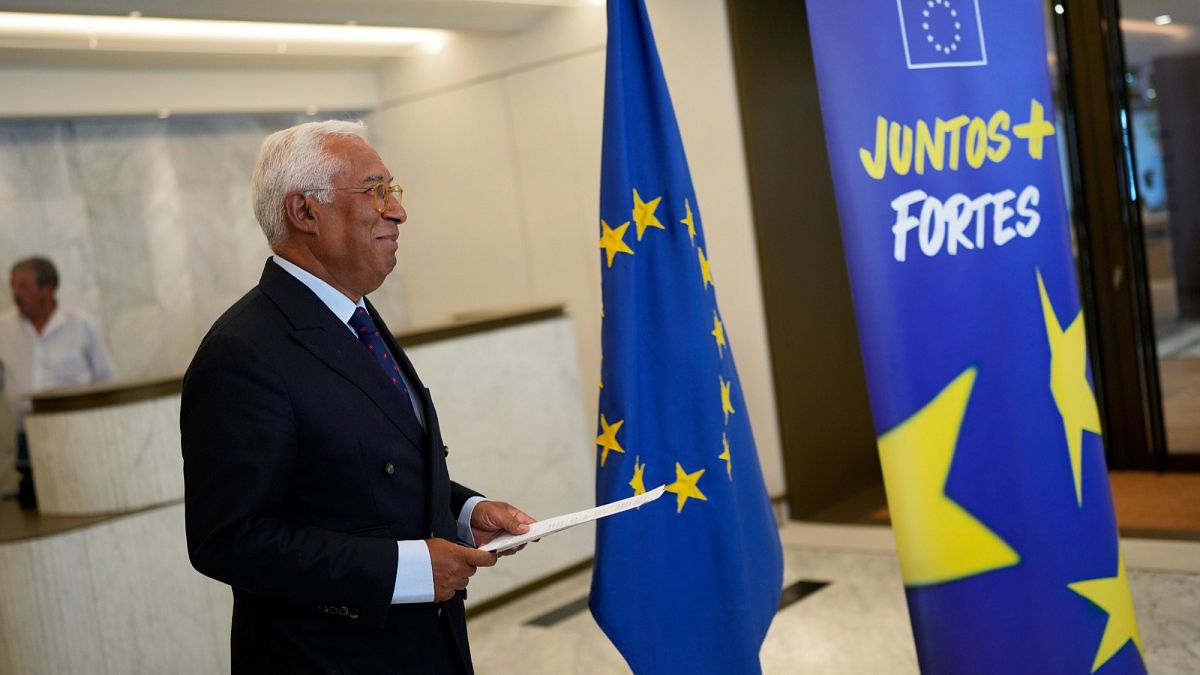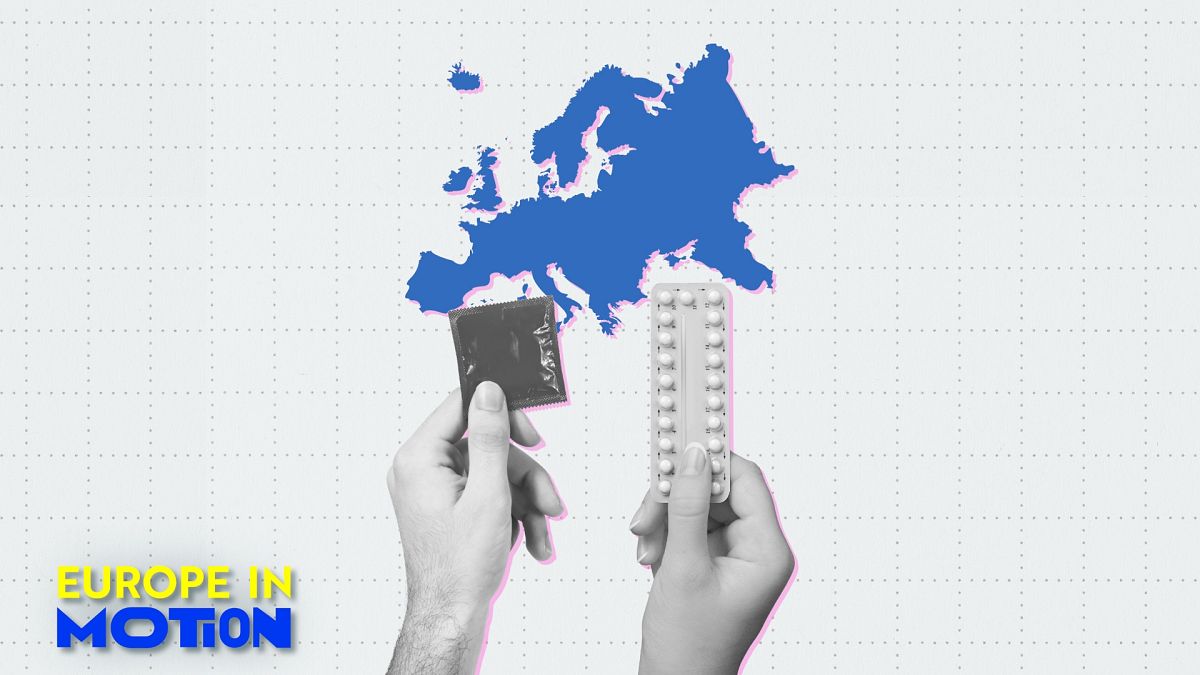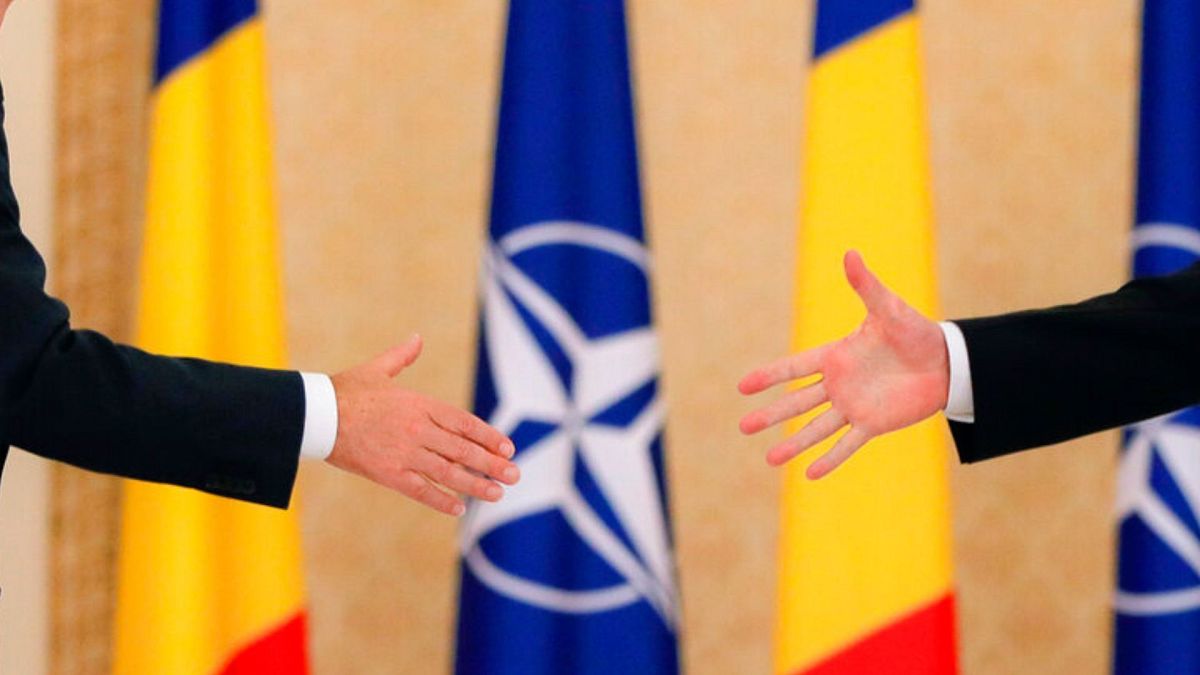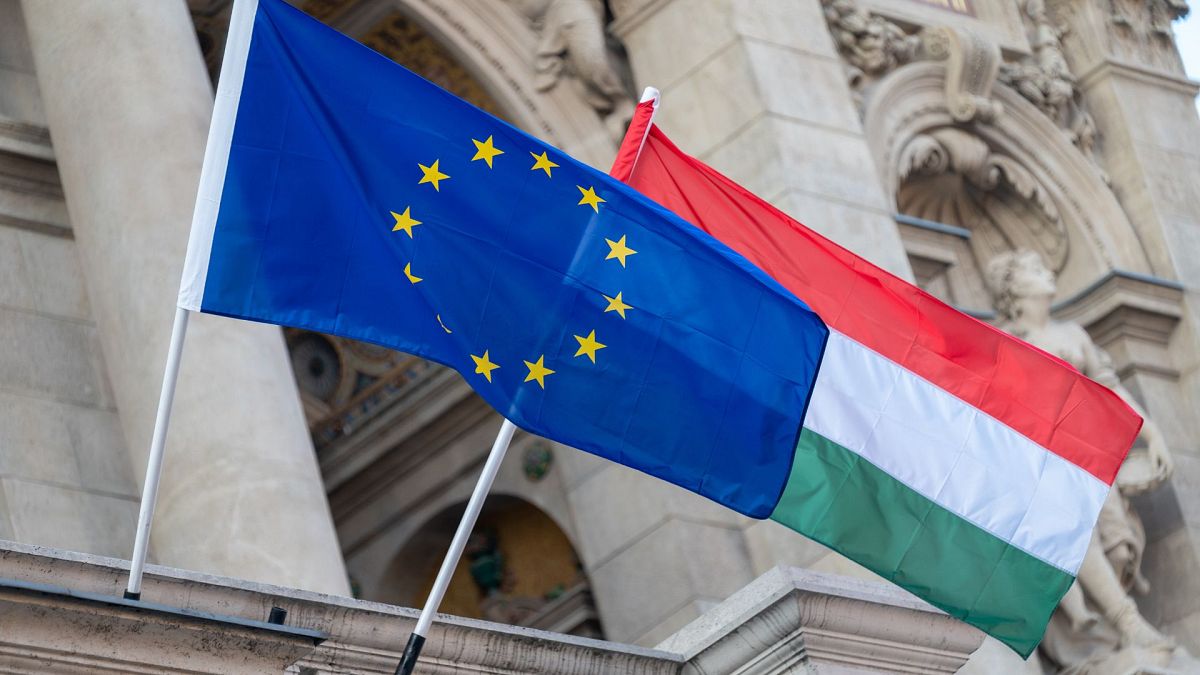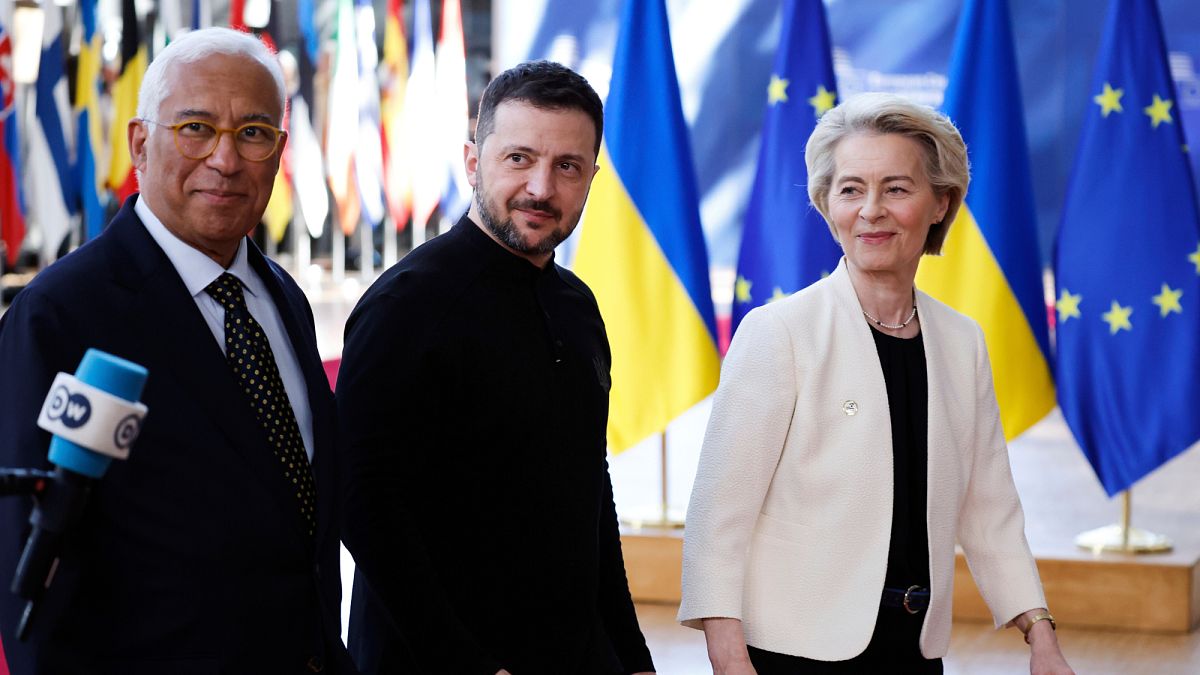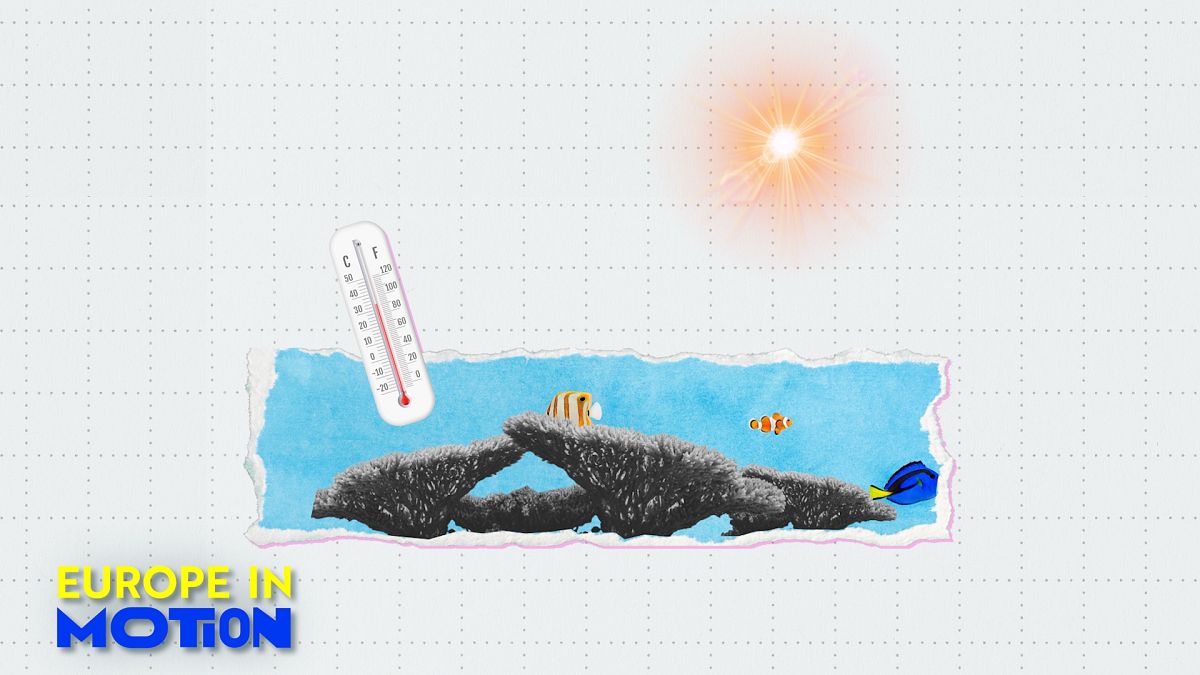Danish Prime Minister Mette Frederiksen on Tuesday scolded fellow EU leaders who have chosen to put aside the fight against the climate crisis for the sake of boosting competitiveness and cutting red tape.
“It seems to me that because there are so many other things on the table and so many challenges that some colleagues are starting to forget that fighting climate change should be one of our top priorities,” Frederiksen said in Strasbourg.
Her reproach comes as Denmark assumes the rotating presidency of the EU Council, giving the country an enlarged role in the bloc’s decision-making process, including the negotiations on a proposed target to slash carbon emissions by 90% by 2040.
The talks will be heavily influenced by the growing right-wing backlash against the Green Deal, which has put Copenhagen in a shrinking minority of capitals that still believe the transition to net zero can be a driver of economic growth and high-quality jobs.
“Unfortunately, I think all green decisions are going to be difficult in the next half a year. And I say unfortunately because I really believe we have to fight climate change,” Frederiksen told reporters in the European Parliament.
“We will do our best, but it looks difficult.”
The United Nations warns the world is getting “perilously close” to exceeding the Paris goal of limiting the rise of global temperatures to 1.5°C above pre-industrial levels.
“Of course, a new target when it comes to 2040 is important, but it’s also important that we get rid of Russian oil and gas. For me, these two things are interlinked,” the premier added, referring to the proposed phase-out of Russian fossil fuels by 2027, which Hungary and Slovakia vociferously oppose.
“I want Europe to be independent from all angles, including energy.”
In recent months, a growing chorus of voices, such as Germany’s Friedrich Merz, Italy’s Giorgia Meloni and Poland’s Donald Tusk, have become increasingly comfortable with their criticism against the Green Deal, arguing environmental laws should be drastically simplified – or, in some cases, outright repealed – to alleviate burdens for companies.
French President Emmanuel Macron, a centrist who championed green policies in France and Europe, suggested the approval of the 2040 climate target should be delayed.
“We must give ourselves the means to do so and make (the target) compatible with our competitiveness,” Macron said at the end of an EU summit in June.
The open contestation has left Ursula von der Leyen, the president of the European Commission, caught between the Green Deal, a key landmark of her first term, and mounting pressure to cut red tape as fast as practically possible. Von der Leyen has embraced a simplification agenda while insisting the objectives enshrined in the Green Deal, namely climate neutrality by 2050, would remain intact.
But the backlash has also rattled the Commission, which last month unexpectedly announced the withdrawal of the Green Claims Directive, a draft law meant to combat “greenwashing” in advertising, and later reversed the move.
The perceived backtracking has angered the socialists and the liberals in the Parliament, fuelling tension within the centrist coalition that re-elected von der Leyen.
Standing by Frederiksen’s side, European Parliament President Robert Metsola acknowledged the political arithmetic had shifted compared to the previous mandate, when most of the laws featured in the Green Deal received broad cross-party support.
Conservative MEPs have set their sights on the 2035 ban on the combustion engine, the anti-deforestation law and green requirements in the Common Agricultural Policy.
“I want to prove that Europe and this Parliament remain resolute in that direction of tackling climate change. What we also have to recognise is that this Parliament is different to the previous one,” Metsola said.
“There is an increasing number of members who, when they look back at what has been decided by the chamber, (believe) it’s a symbol of having gone too far, too fast.”
Metsola’s remarks came just hours after it was decided that the Parliament’s rapporteur for the 2040 climate target would be assigned to the far-right Patriots for Europe (PfE) group, a selection that progressive forces immediately decried.

